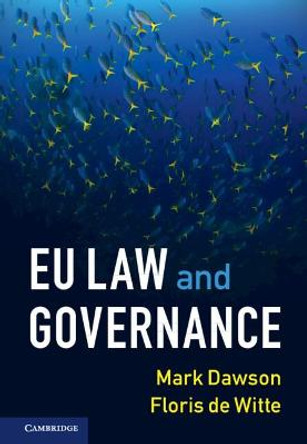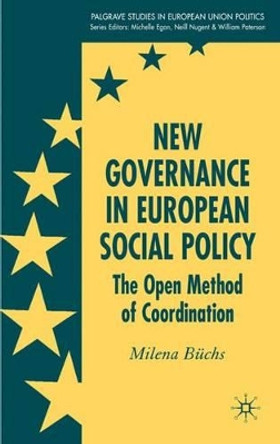The development of non-binding new governance methods has challenged the traditional ideals of EU law by suggesting that soft norms and executive networks may provide a viable alternative. Rather than see law and new governance as oppositional projects, Mark Dawson argues that new governance can be seen as an example of legal 'transformation', in which soft norms and hard law institutions begin to cohabit and interact. He charts this transformation by analysing the Open Method of Coordination (OMC) for Social Inclusion and Protection. While this process illustrates some of the concrete advantages for EU social policy which new governance has brought, it also illustrates their extensive legitimacy challenges. Methods like the OMC have both excluded traditional institutions, such as Courts and Parliaments, and altered the boundaries of domestic constitutional frameworks. The book concludes with some practical suggestions for how a political 'constitutionalisation' of new governance could look.
Mark Dawson analyses how non-binding 'new governance' methods are transforming EU social law and policy.About the AuthorMark Dawson is an Assistant Professor of European Law at Maastricht University. He is a member of the editorial board of the Maastricht Journal of European and Comparative Law and the co-director of Maastricht University's English language LLM programmes in International Laws, Globalisation and Law and European Law School. He is also a scholar within the Maastricht Centre for European Law.
Book InformationISBN 9781107006324
Author Mark DawsonFormat Hardback
Page Count 374
Imprint Cambridge University PressPublisher Cambridge University Press
Weight(grams) 720g
Dimensions(mm) 235mm * 155mm * 22mm





